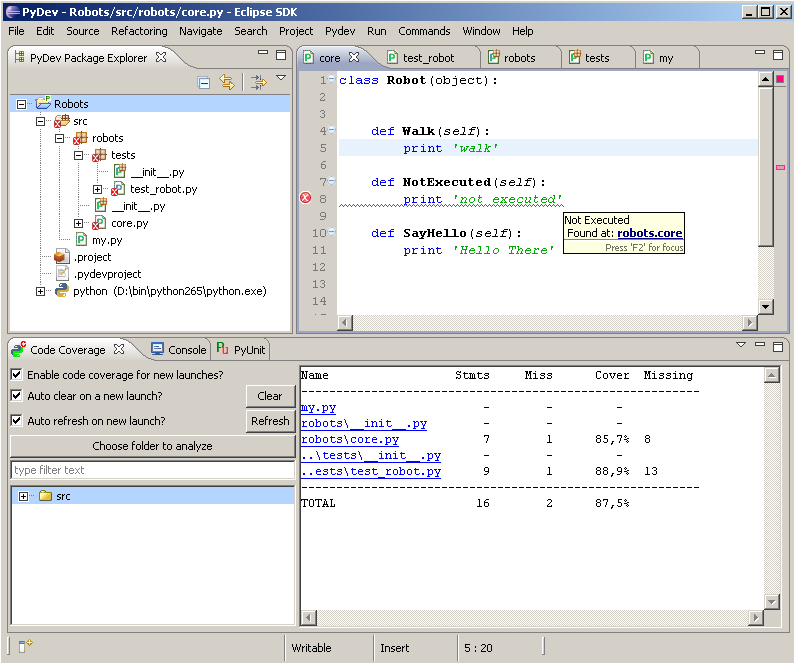

I have even written code in Notepad and (with Zope) through HTML forms in my browser. In the years after that, I developed software for various generations of MS-DOS, Apple Macintosh, and Windows computers, operating in a zoo of different environments, using whatever editor happened to be available on that system. They were already old tech and had been demoted to less demanding tasks, like running telescope instruments at McDonald Observatory (Photo credit: Daniel Sancho/CC By 2.0) Fortunately, I didn't have to spend much time using terminals like this one. We didn't have "syntax coloring" back then, because well, the screens were monochrome VT-220 and VT-240 terminals to begin with (we called these "smart terminals" to distinguish them from the older "Adam" ( ADM) "dumb terminals", but they weren't "smart" by any modern standards, I can assure you). I spent most of my time on the Unix machine (Photo credits: By-SA 3.0, Public Domain from Wikipedia) The computers were VAX 11/780 "mini-computers" running either VMS or Unix (roughly the volume of a household washing machine). I learned to program FORTRAN on a terminal very much like this one.

Needless to say, I learned vi pretty thoroughly. I then developed my first professional program in Fortran 77 using it, which was probably about 5000 lines of original code.

So, I knuckled under and learned all of vi's bizarre syntax and hot keys, because I had to. Emacs probably did exist in 1985, but I certainly hadn't heard anything about it and I don't think we had a copy. At that time, I was using a university Unix computer, and my choices were between vi and what was known as a "line editor". When I learned "vi", I did not do so by choice in any real sense of the word. Python support is available with an Eclipse package called "PyDev", and I have found it to be a big step up. Eclipse is known mainly as a Java IDE and it does require Java itself, but it is also a powerful and flexible multi-purpose platform, and adaptations exist for programming in many languages, including Java, C/C++, Lisp, and Python.

In the past, I've always shied away from integrated development environments (IDEs), but I recently had a strong enough motivation to finally learn how to use Eclipse - one of the most widely-used free software IDEs available today.


 0 kommentar(er)
0 kommentar(er)
